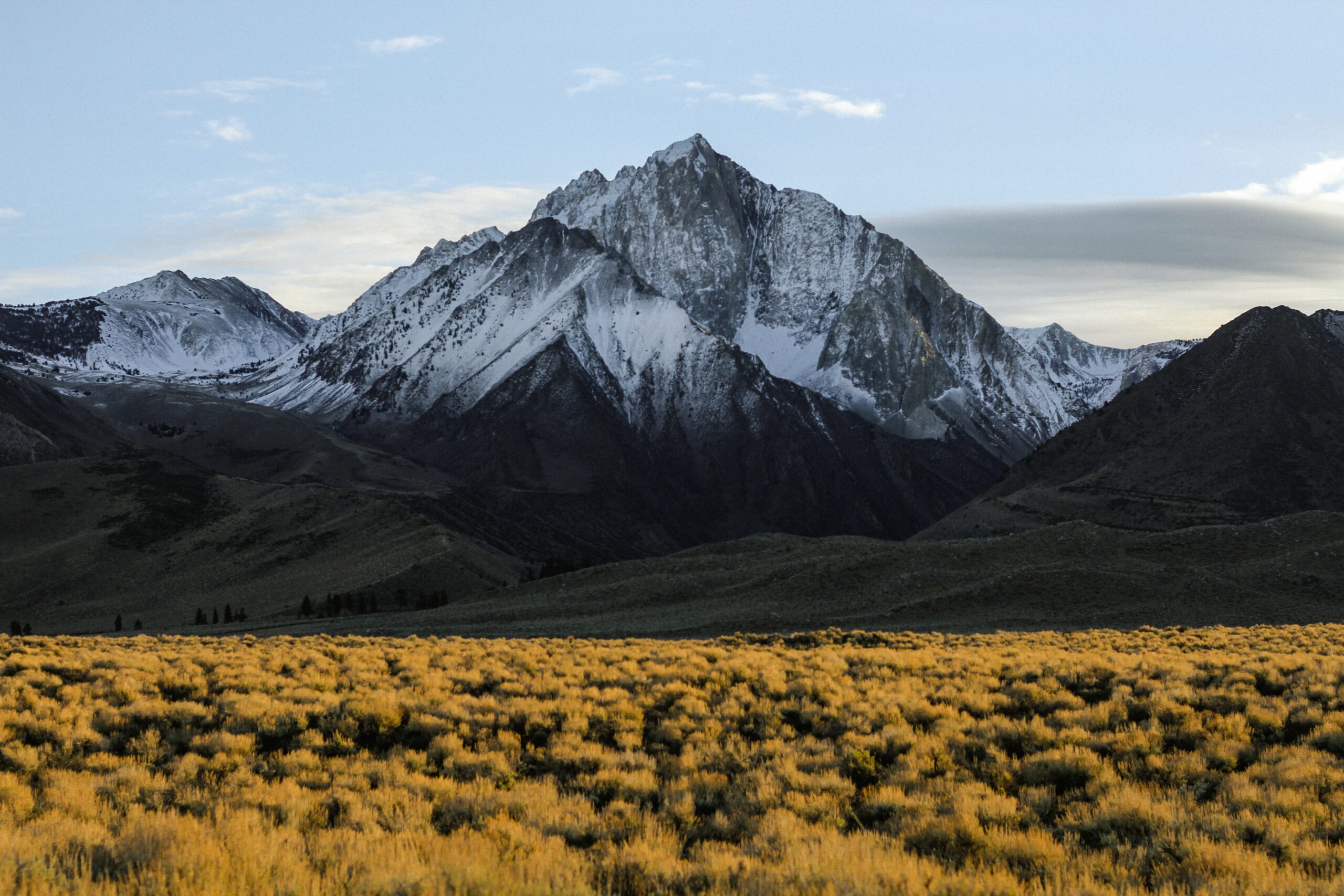Americas: Venezuela’s controversial legislative elections to take place amid opposition boycott
Sectors: all
Key Risks: political stability; election-related unrest
In Venezuela, Nicolas Maduro’s regime is set to take control of the National Assembly (NA) in a highly controversial legislative election scheduled for 6 December. The NA is the only state institution controlled by the opposition and its last democratic foothold: the 2015 legislative elections in which the opposition won 112 of the 167 seats were arguably Venezuela’s last free and fair elections. The upcoming vote has been boycotted by most of the opposition amid widespread concerns of vote rigging. Partially recognised interim president Juan Guaido has urged the populace not to vote and to instead take part in a popular consultation organised by the NA – which he presides – between 5 and 12 December to reject the vote. The crackdown on Guaido and his supporters will intensify after the election, which will consolidate Maduro’s autocratic regime.
Asia Pacific: Myanmar’s military engages in bilateral ceasefire negotiation with AA
Sectors: all
Key Risks: war on land; insurgency
Myanmar’s military is reportedly engaged in a bilateral ceasefire negotiation with the Arakan Army (AA), an armed insurgent group fighting for greater autonomy in Rakhine State. Discussions on a potential bilateral ceasefire began on 9 November and both sides are said to be making some progress, raising the prospect of ending the two-year long battle in the restive state. The fighting between AA and the military broke out in 2018 when the group attacked the convoy of Rakhine State’s chief minister near Mrauk U. From this point, the AA gradually extended the fight against and hostility towards the government. There were a number of unilateral ceasefires announced by both sides, although they were short-lived and ineffective. A bilateral ceasefire agreement would mark a significant step towards achieving de-escalation and peace.
Eurasia: Russian construction of Nord Stream 2 resumes; despite remarks, no change in Belarus
Sectors: oil and gas; various
Key Risks: sanctions; political instability; protests
Nord Stream 2 AG announced that it would resume pipeline construction this week after a year-long hiatus due to US sanctions on the project. About 120 km of the 1,300 km-long pipeline, which is projected to double the amount of Siberian gas imported to Germany, remains to be laid, though the recent announcement only covers a 2.6 km stretch. The outgoing Trump administration mounted significant opposition to the project, fearing increasing Russian influence in Europe. However, US President-elect Biden has repeatedly and publicly espoused a robust stance on Russia. It seems unlikely that the new administration will radically alter course. In Belarus, remarks made by embattled leader Alexander Lukashenko on potential changes to the constitution left plenty of room for manoeuvre; the notoriously truculent Lukashenko is likely to resist a Russian-engineered transition of power whilst he remains in office.
Europe: Civil unrest in France; Serbia-Montenegro diplomatic rift; EU budget conflict continues
Sectors: all
Key Risks: civil unrest; business disruption; economic; political stability
Further unrest is expected in France as protests against a controversial security law led to clashes with police the past weekend including arson attacks in Paris. The Senate is expected to pass the law in its final reading but further unrest might prompt delays. On 29 September Serbian Prime Minister Ana Brnabic revoked the decision to expel the Montenegrin Ambassador following Podgorica’s expulsion of Serbia’s Ambassador the previous day. Montenegrin Prime Minister-designate Zdravko Krivokapic will soon lead a pro-Serb cabinet following inauguration. Podgorica’s decision was likely a last minute jab at Belgrade from the outgoing leadership. Meanwhile, Portugal’s Prime Minister reportedly criticised the EU’s proposal to use a mechanism linking the disbursement of EU funds to the upholding of the rule of law. Hungary and Poland vetoed the budget in opposition to the mechanism as the stand-off continues.
MENA: Iran threatens retaliation; Kuwait votes; Turkey between Gulf rivalries
Sectors: all
Key Risks: war on land; political instability; economic and political risks; sanctions
Iran’s Supreme Leader Ayatollah Ali Khameini threatened revenge for the on 27 November assassination of prominent nuclear physicist Mohsen Fakhrizadeh. Israel’s Mossad is accused and is the likely culprit, being the only country with the appetite, ability and intelligence to execute the operation. Revenge could come via Iranian non-state proxies allowing Tehran plausible deniability. A direct missile attack such as that against US positions in Iraq following the January 2020 killing of Qassam Sulaimani is harder to conduct. Kuwaitis vote in general elections on 5 December, the first under the rule of new Emir Shaikh Nawaf al-Ahmad al-Sabah. Economic and electoral reform are main focuses, although activists may boycott. Saudi Arabia’s boycott of Turkish food imports may weigh on the Turkish food industry. However, Qatar’s purchase of stakes in strategic Turkish companies may alleviate some pressure amid Ankara’s economic crisis.
Sub-Saharan Africa: Ethiopia’s Prime Minister declares victory, TPLF claims fighting continues
Sectors: all
Key Risks: political uncertainty; political instability; civil war
In Ethiopia, the Tigray People’s Liberation Front (TPLF) stated that fighting was ongoing near Mekelle, contradicting Prime Minister Abiy Ahmed’s declaration of victory in the northern Tigray region. The TPLF claimed it had imprisoned several Eritrean security personnel fighting on the border and shot down a military plane. Three rockets were fired from Tigray into neighbouring Asmara hours after Ahmed declared that federal forces had gained full control of Mekelle. Thousands are believed to have been killed and over 40,000 people have fled to Sudan. Differing claims cannot be verified as communication has been shut since 4 November. The federal government promised to open humanitarian access routes once the offensive in Mekelle was complete as medical supplies, food and fuel were reportedly becoming scarce. There is a high risk of further clashes as the TPLF refuses to cease fighting.

